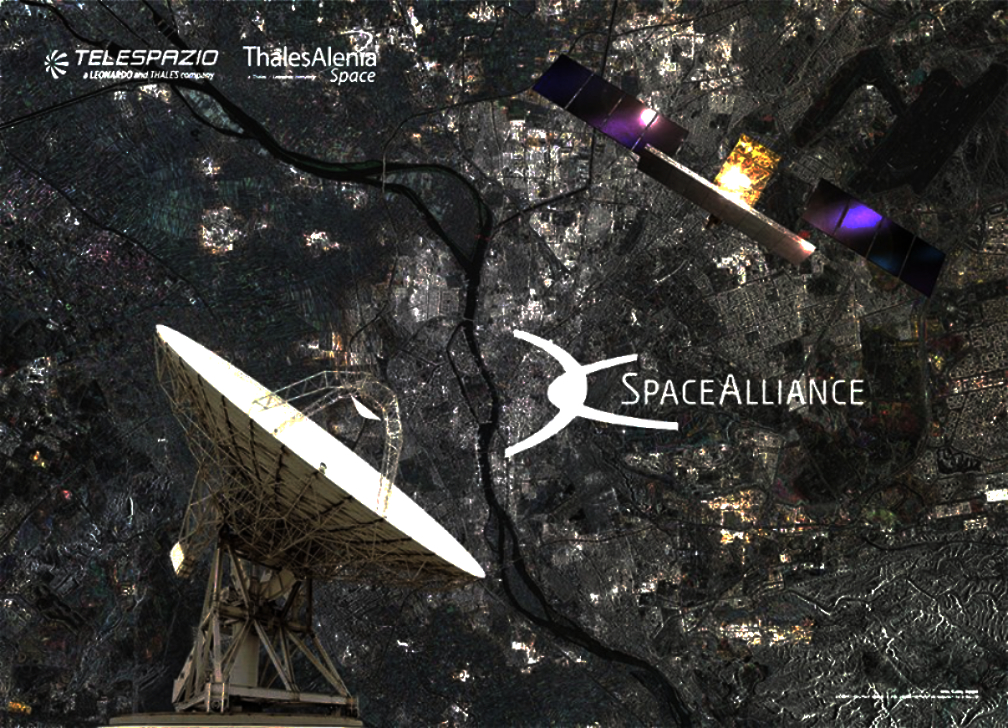
Sateliot will launch a constellation of smallsats to democratize IoT with 5G coverage and has verified with Alén Space that the transmission equipment that will be on board its first smallsat is now ready to fly.
Once the design and manufacture of the flight model of the payload that will be on board 3B5GSAT — Sateliot’s first smallsat that will serve as a test bench — has been completed, both companies have worked on its integration into the satellite structure and its flight model, validating all its functionalities through strict tests and quality procedures.
Sateliot is relying on The Space Alliance formed by Thales Alenia Space (TAS) and Telespazio for the development of this constellation of smallsats to ensure the company’s IoT connectivity is compatible with the 5G standard.

These procedures, which have included tests of the complete system including the IoT terminals to be deployed on Earth, the satellite with the payload and the operating and data processing software, have concluded that everything is working optimally and that the satellite is now entering the final phase prior to its launch, which is scheduled for March 20 from the Baikonur space base in Kazakhstan.
With the launch of the first nanosatellite, Sateliot will enter a new technological phase, which will allow the company to perform field tests in real environments, providing very useful information for the evolution and design of its constellation of up to 100 smallsats that is scheduled to start and offer commercial service from 2022.
Alén Space, which signed an agreement with Sateliot as part of its R&D investment, is also already working on the new version of the payload to be carried on board the constellation’s next nanosatellites. The company will take advantage of the information collected by the first smallsat and will allow the implementation of a first version of the system capable of supporting a pre-commercial version of NB-IoT.

This payload will be the hardware support on which the new standard defined by 3GPP for non-terrestrial networks will be implemented. In this context, Sateliot is working closely with both Alén Space and Gatehouse and I2CAT in the development and integration of the software needed to implement the new standard in the payload.
According to Jaume Sanpera, Co-Founder and CEO of Sateliot, “Despite the challenges and limitations posed by the pandemic in recent months, the development of our first nanosatellite brings us closer to our goal of having up to 100 nanosatellites in service by 2025.”
Sateliot is the first satellite telecommunications operator to provide global and continuous connectivity to all the elements that will make up the IoT universe under the 5G protocol. Thanks to a constellation of state-of-the-art smallsats, located at low altitude and acting as mobile towers, Sateliot is a perfect complement to large telecommunications companies by providing them with the necessary infrastructure where terrestrial technologies do not reach.
Alén Space is a Spanish company specialized in consulting, design, manufacturing and operation of small satellites for all kinds of applications. Alén Space has a highly qualified team of engineers with more than 12 years of experience in the development of nanosatellite missions, with the necessary technological solutions and capacity to help those companies that want to develop business in space. Quality and technology have been the hallmark of the Alén Space team since 2008.
